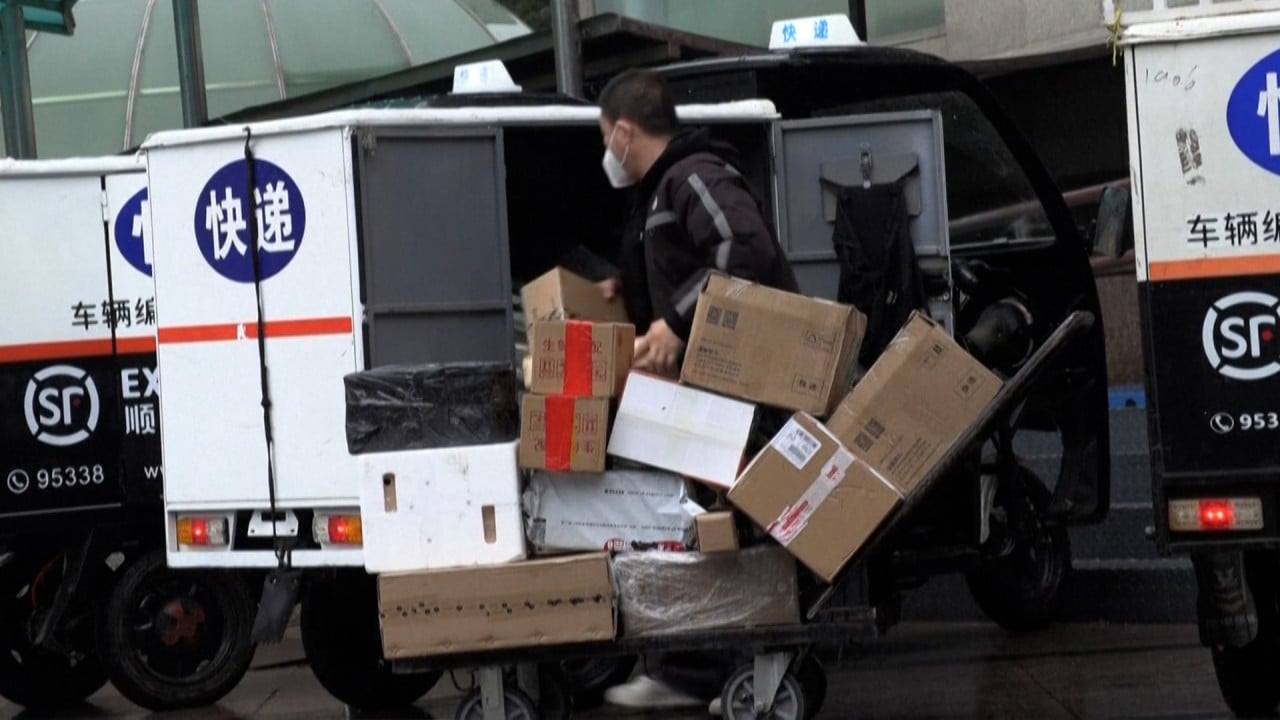
Russia’s Amazon-like Ozon platform opens Shenzhen office to woo Chinese merchants in cross-border e-commerce push
- Moscow-based Ozon aims to sign up 100,000 Chinese merchants as Western sanctions curb growth opportunities elsewhere
- Shenzhen merchants became known for their many Amazon shops, but a crackdown from the US platform has sent sellers looking for alternatives
With more than 10,000 Chinese sellers on Ozon, Chinese products accounted for 95 per cent of all orders through Ozon Global, the unit responsible for cross-border sales, the company said in a statement.
Amazon’s new warehouse in eastern China will get shoppers overseas goods faster
“Developing our business in the region will allow us to significantly increase our pool of sellers,” Simon Huang, head of the new Shenzhen office, said in the statement. “Our priority is to remove the barriers for Chinese sellers to enter the Russian marketplace and provide sellers with a high-quality service to grow their business.”
Shenzhen, one of China’s first special economic zones, has long been a major export hub. With the rise of e-commerce, local manufacturers took to selling goods directly through international platforms like Amazon. The city made up about 35 per cent of China’s cross-border e-commerce industry last year, according to the Shenzhen Cross-Border E-commerce Association.
With dwindling trade opportunities for Russia elsewhere, the country has forged closer business ties with China. China’s exports to Russia rose 33.8 per cent in 2021 to US$67.6 billion, making up 2 per cent of total exports, according to customs data.


